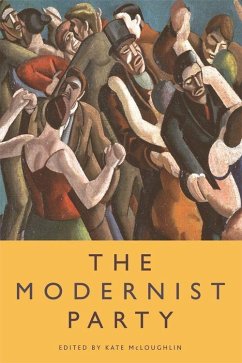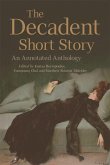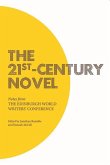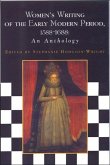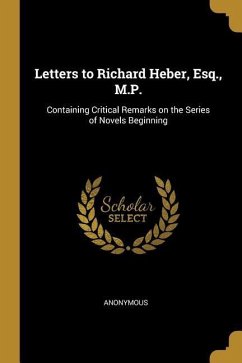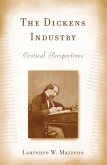**AUTHOR APPROVED** 'I really like the idea of treating the party as a site of modernist invention and contention.' Sean Latham, University of Tulsa 'Intriguing. There should be more fun in Modernist Studies.' David Trotter, University of Cambridge 'the get-together begins with a delicate and insightful introduction from McLoughlin... offers wit, entertainment and considerable interest' Times Literary Supplement 'Even the most cursory of glances over its contents reveals a substantial critical investment, on the part of the editor...The volume certainly breaks new ground in the fields of material cultures, modernist networking, and space and place studies.' Cambridge Quarterly Leading international scholars illuminate the party's significance in Modernism In 12 chapters internationally distinguished scholars explore the party both as a literary device and as a forum for developing modernist creative values, opening up new perspectives on materiality, the everyday and concepts of space, place and time. There are chapters on Conrad and domestic parties, T S Eliot's ''The Love Song of J. Alfred Prufrock', the party vector in Joyce's 'The Dead' and Finnegans Wake, Katherine Mansfield's party stories, Virginia Woolf's idea of a party, the textual parties of Proust, Ford Madox Ford and Aldous Huxley and the real-life parties of Sylvia Beach, Adrienne Monnier, Natalie Barney and Gertrude Stein, the black 'after-party' of the Harlem Renaissance and the parties in extremis in D H Lawrence's Women in Love. Like guests at a party, the chapters talk to and argue with each other. They contribute different approaches: formal, historical, thematic, biographical and theoretical. They address gender and sexuality, race, genre, class, sociality and privacy. And they establish critical viewpoints. The party is shown to be the site both of introspection and self-display. It provokes competition, collaboration and violence. It is an occasion of nihilism as well as a model for creative production. Kate McLoughlin is an Associate Professor of English Literature at the University of Oxford. She is the author of Authoring War: The Literary Representation of War from the Iliad to Iraq (2011) and Martha Gellhorn: The War Writer in the Field and in the Text (2007) and the editor of The Cambridge Companion to War Writing (2009).

